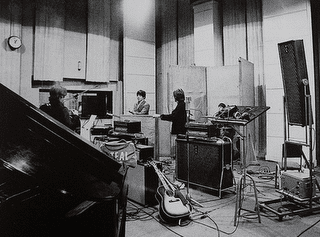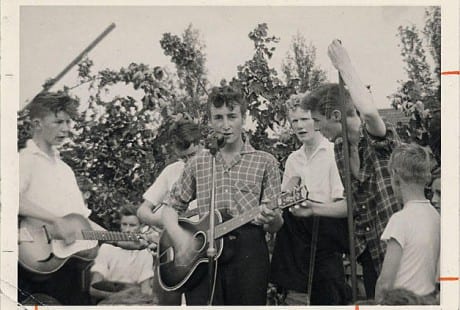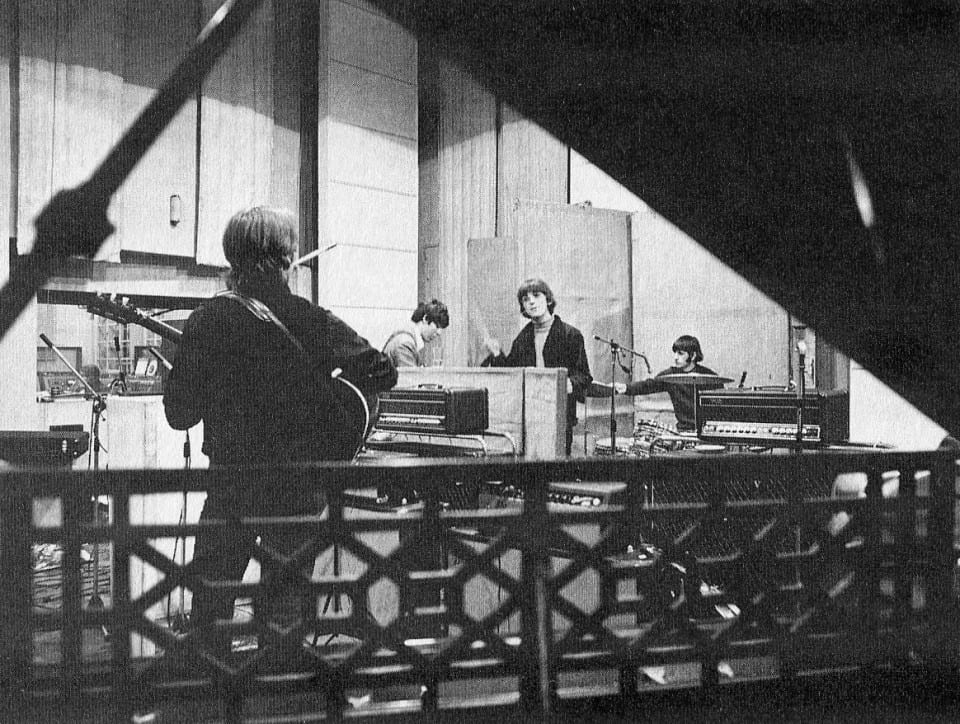Revolution: The Music of The Beatles
When I was assistant professor at Seton Hall University I was asked during a department meeting what new courses I’d like to teach. I suggested something unusual that had been part of my “internal soundtrack” since childhood: the music of The Beatles. Back in 1999 such a course was an academic rarity. It has proven to be a consistent draw ever since: from Swarthmore College to Santa Clara and Stanford Universities. I’ve even given private presentations to raise money for charity.
There are thousands of books on The Beatles retelling their meteoric rise and sad fall. But, few authors ever talk in any detail about what made the band so special: their songs. As a composer I knew I was uniquely positioned to focus on exactly that. At their best, The Beatles fearlessly worked across and synthesized genres while remaining disciplined writers with distinctive voices. As I re-engaged with their work, my compositional experience and analytic tools allowed me to articulate how odd, quirky, and astonishingly original their songs actually were.
Some highlights from my course:
• A clear-eyed assessment of The Beatles’ work and career as they developed from a local cover band to arguably some of the most influential musicians of the 20th century.
• An in-depth look at the band’s music, lyrics, performances, recording procedures and techniques.
• The instruments The Beatles used and popularized.
• Their creative influences:
∞ Rhythm and blues, Motown and soul, country & western, and classic rock.
∞ Decidedly non-rock influences such as British Music Hall, Tin Pan Alley, Indian classical music, and the classical traditional and avant-garde styles.
• An overview of their history: from two teens meeting at a fête on a July 1957 afternoon to an April 1970 press release announcing that the band was no more.
• The Fab Four’s impact on the entertainment industry, fashion, business, politics, and society as a whole.
• Numerous outtakes are played in class illustrating the compositional, arranging, and recording processes of the band.
• Sometimes end-of-class live performances!

The day John met Paul: July 6, 1957(the Quarry Men perform at the Woolton Parish Church garden fête).
Music concepts and vocabulary are introduced and demonstrated as needed: those enrolled have ranged from curious novices to highly literate and experienced musicians.
An excerpt from my arrangement of Tomorrow Never Knows






















